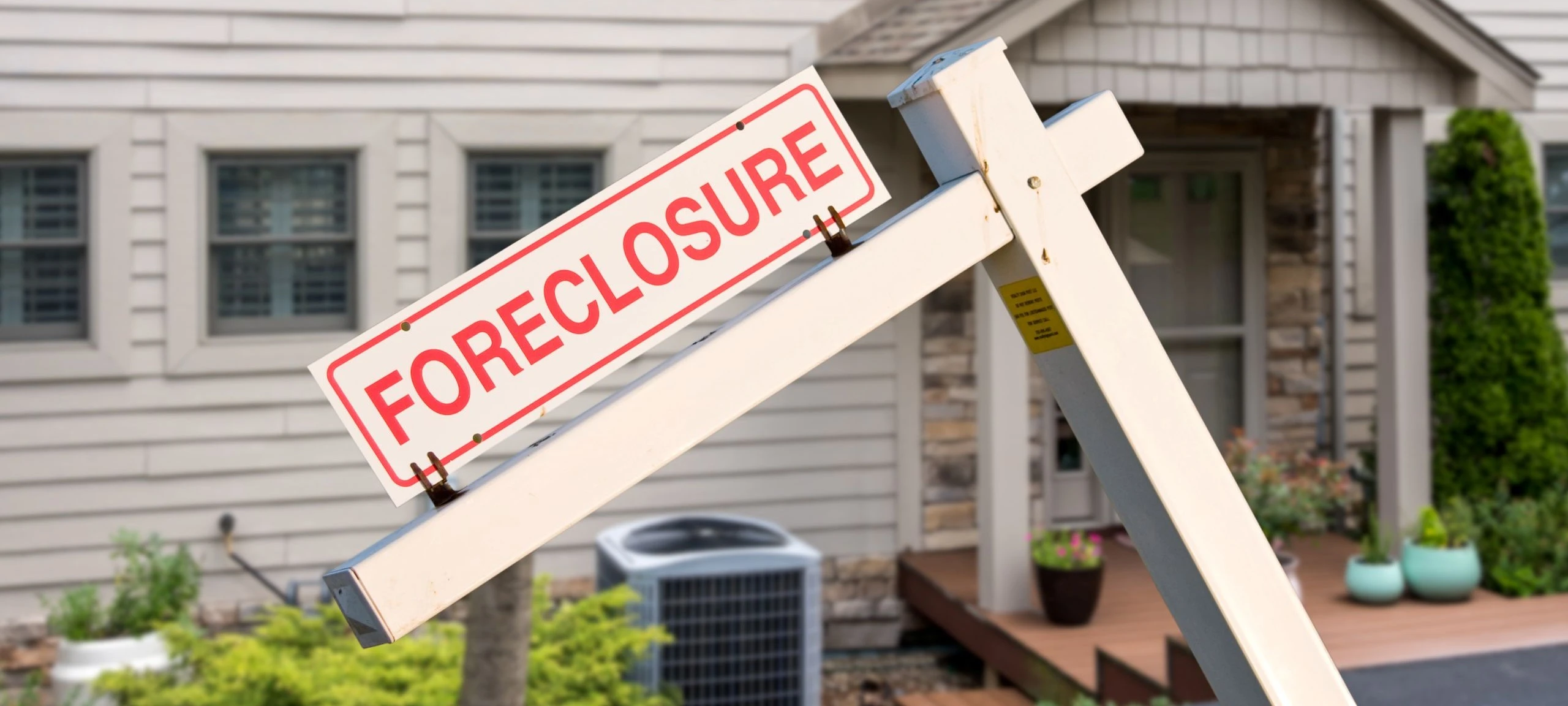Buying a Foreclosed Home: Essential Considerations
Purchasing a foreclosed property can offer significant savings, but it requires careful consideration of unique risks and challenges. Understanding these factors before making an offer can help you make an informed decision and avoid costly surprises.
Understanding Foreclosure Types
Not all foreclosed properties are the same. There are three main types you might encounter, each with different purchasing processes and considerations.
Pre-foreclosure properties are homes where the owner has received a notice of default but hasn't yet lost the property. These require negotiating directly with the distressed homeowner and often involve short sales, where the lender agrees to accept less than the full mortgage balance.
Auction properties are sold at public foreclosure auctions, typically on courthouse steps. These sales require immediate cash payment and offer no opportunity for inspection beforehand. The competitive bidding environment can drive prices higher than expected.
REO (Real Estate Owned) properties are homes the bank has repossessed after unsuccessful auction sales. These are typically listed with real estate agents and offer the most conventional purchasing experience, though still with unique considerations.
Financial Considerations
The financial aspects of buying a foreclosed home extend far beyond the purchase price. Most foreclosed properties require all-cash offers or pre-approved financing, as traditional mortgage contingencies may not be accepted. Banks often price these properties to sell quickly, but the advertised price may not reflect the true cost of ownership.
Budget for immediate repairs and maintenance issues that previous owners may have neglected. Foreclosed homes often sit vacant for months, allowing problems to compound. Additionally, consider carrying costs if the property needs extensive work before you can move in or rent it out.
Property taxes and HOA fees may be delinquent, creating additional financial obligations for the new owner. Research these potential liens thoroughly before committing to a purchase.
Property Condition and Inspection Challenges
Foreclosed properties are typically sold "as-is," meaning the bank won't make repairs or offer warranties. This places the burden of identifying and addressing problems entirely on the buyer. Unfortunately, thorough inspections aren't always possible, particularly with auction properties.
Previous owners facing foreclosure may have deferred maintenance for months or years. Common issues include HVAC problems, plumbing leaks, electrical issues, and roof damage. In some cases, frustrated former owners have intentionally damaged the property or removed fixtures, appliances, and even copper piping.
Vacant properties are also vulnerable to vandalism, theft, and weather damage. Winter freezes can burst pipes, while summer heat can damage roofing materials. Without regular maintenance, small problems can become major expenses.
Legal and Title Considerations
Foreclosed properties can come with complex title issues that don't affect traditionally sold homes. Multiple liens may exist against the property, including second mortgages, home equity lines of credit, contractor liens, or tax liens. While the foreclosure process typically clears the primary mortgage, other liens may survive.
Title insurance becomes especially important with foreclosed properties, but some title companies may be hesitant to insure these purchases or may exclude certain risks. Research the property's title history thoroughly and consider hiring an attorney familiar with foreclosure law.
In some states, former owners retain redemption rights, allowing them to reclaim the property by paying off the debt even after the foreclosure sale. While rare, this possibility adds another layer of complexity to the purchase process.
Market Research and Location Analysis
A property's foreclosure status doesn't change fundamental real estate principles about location and market conditions. Research the neighborhood thoroughly, paying attention to crime rates, school districts, employment opportunities, and future development plans.
High concentrations of foreclosed properties in an area may indicate broader economic problems that could affect your property's future value. Conversely, a single foreclosed home in a stable neighborhood might represent a genuine opportunity.
Consider the time and effort required to research properties, attend auctions, or negotiate with banks. The process can be time-consuming and emotionally draining, particularly if you're competing with experienced investors.
Working with Professionals
The complexity of foreclosure purchases makes professional guidance especially valuable. Real estate agents experienced in foreclosures understand the unique processes and can help navigate bank requirements and timelines.
Consider hiring a real estate attorney, particularly for auction purchases or properties with complicated title issues. The cost of legal consultation is often minimal compared to the potential problems it can prevent.
Work with contractors and inspectors who can quickly assess a property's condition and provide repair estimates. Their expertise can help you determine whether a property represents a good value or a money pit.
Timing and Patience
Foreclosure purchases often take longer than traditional sales due to bank bureaucracy and approval processes. Banks may take weeks to respond to offers, and closings can be delayed by title issues or administrative complications.
Be prepared for disappointment, as desirable properties often receive multiple offers from experienced investors with cash. Don't let emotions drive your decision-making process, and maintain realistic expectations about both the purchase process and the property's condition.
Consider your long-term goals carefully. Are you looking for a primary residence, investment property, or flip opportunity? Each goal requires different considerations and risk tolerances.
Making the Decision
Purchasing a foreclosed home can offer significant savings and investment opportunities, but it's not suitable for everyone. First-time homebuyers may find the process overwhelming, while experienced investors might view the challenges as acceptable risks for potential rewards.
Success requires thorough research, adequate financial reserves, and realistic expectations about both the purchase process and the property's condition. If you're prepared for the challenges and have done your homework, a foreclosed property might offer an excellent opportunity to build equity or secure affordable housing.
Remember that the lowest purchase price doesn't always represent the best value. Factor in all costs, including repairs, carrying expenses, and your time investment, when evaluating whether a foreclosed property makes financial sense for your situation.
Key Takeaway:
While foreclosed properties can offer significant savings, they require careful due diligence, adequate financial reserves, and realistic expectations about the purchase process and property condition.


Leave A Comment